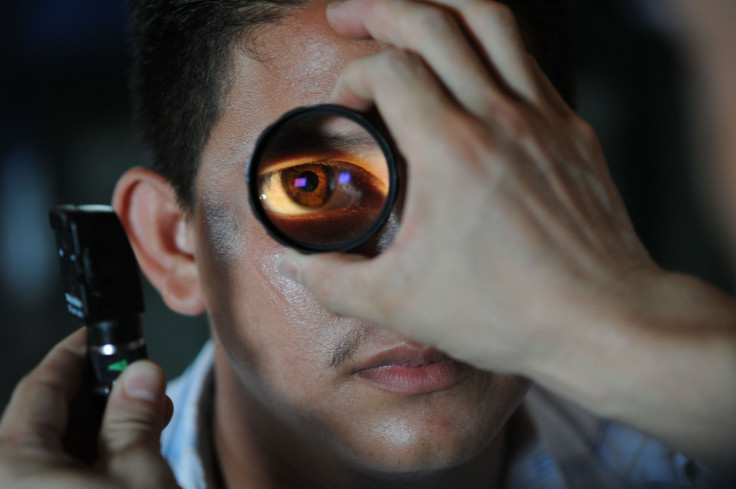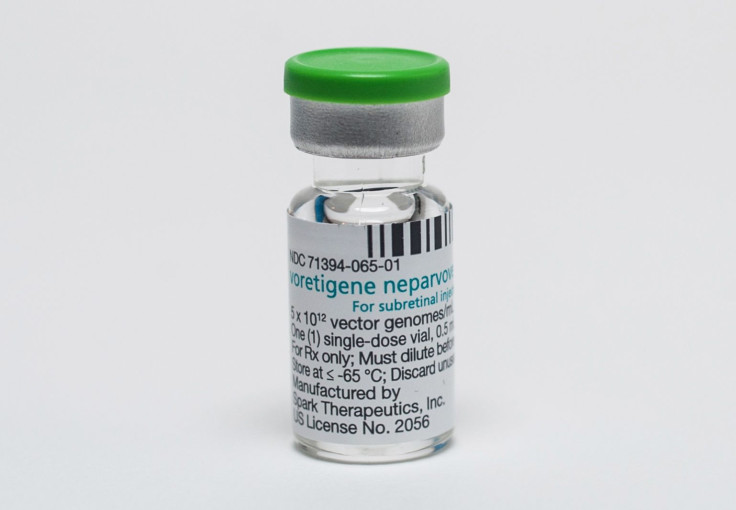Gene Therapy That Switches Out Blindness Mutation Gets FDA Approval

A new treatment for a disease that causes blindness involves injecting patients with a functioning copy of a crucial gene.
The U.S. Food and Drug Administration announced on Tuesday that it had approved the gene therapy, called Luxturna. It treats the condition Leber congenital aumaurosis, an inherited disease that primarily affects the retina, the light-sensitive tissue in the eye.
People with the genetic disorder often have a mutation in their RPE65 gene, which is supposed to make “a protein that is essential for normal vision,” according to the U.S. National Library of Medicine’s Genetics Home Reference. The protein helps convert light coming into the retina into electrical signals that the brain uses to create an image. But the genetic mutation causes a shortage of that important protein.
Luxturna targets the RPE65 genetic mutation to treat the condition — it gives the child and adult patients a working copy of the gene, adding it directly to the retina, which is then capable of producing the protein and restoring some vision.

“Today’s approval marks another first in the field of gene therapy — both in how the therapy works and in expanding the use of gene therapy beyond the treatment of cancer to the treatment of vision loss — and this milestone reinforces the potential of this breakthrough approach in treating a wide-range of challenging diseases,” FDA Commissioner Dr. Scott Gottlieb said in the administration’s statement. “I believe gene therapy will become a mainstay in treating, and maybe curing, many of our most devastating and intractable illnesses.”
Those with Leber congenital aumaurosis usually have severe visual impairments from birth, the Genetics Home Reference explains. It is a rare condition, affecting a few out of every 100,000 births.
Luxturna, developed by pharmaceutical startup Spark Therapeutics, uses surgery to deliver the gene therapy, with procedures performed on the two eyes on separate days. It is a one-time treatment.
“The approval of Luxturna further opens the door to the potential of gene therapies,” Dr. Peter Marks, director of the FDA’s Center for Biologics Evaluation and Research, said in the statement. “Patients … now have a chance for improved vision, where little hope previously existed.”
As Gizmodo points out, this is the first FDA-approved gene therapy for an inherited disease. But it is projected to carry a heavy price tag, perhaps as high as $1 million.
© Copyright IBTimes 2024. All rights reserved.





















